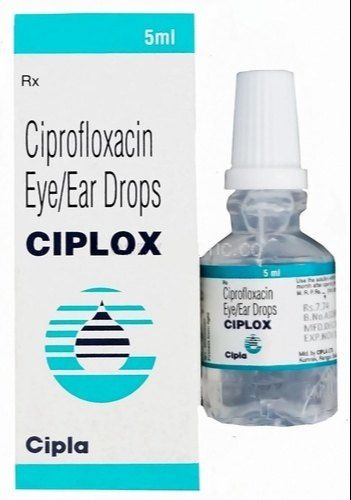Nircip Eye Drop
₹5.4*
MRP ₹6
10% off
₹5.1*
MRP ₹6
15% CB
₹0.9 cashback(15%)
Free Delivery
With Circle membership
(Inclusive of all Taxes)
This offer price is valid on orders above ₹800. Apply coupon PHARMA10/PHARMA18 (excluding restricted items)
Know Your Delivery Time
Provide Delivery Location

Whats That

Secure Payment

India's Most Trusted Pharmacy

Genuine Products
Composition :
Manufacturer/Marketer :
Consume Type :
Return Policy :
About Nircip Eye Drop
Nircip Eye Drop belongs to the class of medicines known as fluoroquinolone antibiotics used to treat corneal ulcers and bacterial conjunctivitis. A corneal ulcer is an open lesion on the cornea (clear tissue at the front of the eye). Conjunctivitis (pink eye) is the inflammation or infection of the conjunctiva (white part of the eye) and the inner eyelid.
Nircip Eye Drop contains Ciprofloxacin which works by killing the infection-causing bacteria. Thus Nircip Eye Drop treats bacterial eye infections and corneal ulcers.
Use Nircip Eye Drop as advised by the doctor. Stinging or burning sensation, gritty feeling in the eye, irritation, white deposits on the eye surface (cornea), and redness are common side effects of Nircip Eye Drop. The majority of these side effects fade with time without the need for medical intervention. However, if you experience these side effects on a regular basis, you should visit your doctor.
Nircip Eye Drop is intended for use in the eyes; do not inject or consume. You should not use Nircip Eye Drop if you are allergic to ciprofloxacin, other quinolone antibiotics, or any of the components in Nircip Eye Drop. Notify your doctor if you are pregnant or breastfeeding. Nircip Eye Drop may cause temporary blurred vision. Before operating machinery or driving, wait until your vision returns to normal.
Uses of Nircip Eye Drop
Directions for Use
Medicinal Benefits
Nircip Eye Drop contains Ciprofloxacin, which is an antibiotic (quinolone class). It works by killing the infection-causing bacteria. Thus Nircip Eye Drop treats corneal ulcers and bacterial conjunctivitis.
How Nircip Eye Drop Works
Storage
Side Effects of Nircip Eye Drop
- Itching
- Burning sensation
- Stinging sensation
- Gritty feeling in the eye
- Irritation
- Blurred vision
- White deposits on the eye surface (cornea)
- Redness
What if I have taken an overdose of Nircip Eye Drop
Drug Warnings
Do not use Nircip Eye Drop if you are allergic to any of its components. If you are pregnant, planning for pregnancy or breastfeeding, notify your doctor. You may notice temporary blurred vision after using this medication. Before operating machinery or driving, wait until your vision returns to normal. Before using Nircip Eye Drop, consult your doctor if you have vision problems, severe eye pain, glaucoma (high blood pressure in the eye), eye damage, or eye surgery. Nircip Eye Drop should not be used for any longer than your doctor has prescribed. Nircip Eye Drop should not be used to treat any other eye infections.
Diet & Lifestyle Advise
- To naturally renew your eyes, get at least six to eight hours of sleep each night.
- Wash your eyes with clean water. If you have had eye surgery, wait at least two weeks before washing your eyes.
- Take care of your health, eat a balanced diet, do regular exercise, and rest well.
- Hydrate well-drink lots of water.
- Wash your hands regularly, avoid touching eyes with dirty hands.
Habit Forming
Therapeutic Class
Nircip Eye Drop Substitute

Ciplox Eye/Ear Drops 10 ml
₹1.53per tabletCiplox Eye/Ear Drops 5 ml
₹3.06per tabletCifran Eye/Ear Drops 10 ml
₹1.53per tabletZoxan 0.3% Eye/Ear Drops 10 ml
by AYUR
₹1.53per tabletCinfax Eye/Ear Drops 5 ml
₹1.50per tablet
Product Substitutes
Alcohol
Caution
It is not known if alcohol affects Nircip Eye Drop. However, it is advisable not to take or limit alcohol as a precautionary measure.
Pregnancy
Caution
Consult your doctor if you are pregnant or planning for pregnancy.
Breast Feeding
Caution
Consult your doctor if you are breastfeeding. Caution should be exercised when Nircip Eye Drop is administered to nursing mothers.
Driving
Caution
Nircip Eye Drop may temporarily blur your vision. Before driving or operating any machinery, wait until your vision has returned to normal.
Liver
Caution
Limited information is available about the usage of Nircip Eye Drop in patients with liver disease. Please consult your physician.
Kidney
Caution
Limited information is available about the usage of Nircip Eye Drop in patients with kidney disease. Please consult your physician.
Children
Caution
Nircip Eye Drop is not recommended for use in children less than 1 year of age unless directed by your doctor.
FAQs
Country of origin
Disclaimer
Author Details
We provide you with authentic, trustworthy and relevant information




















